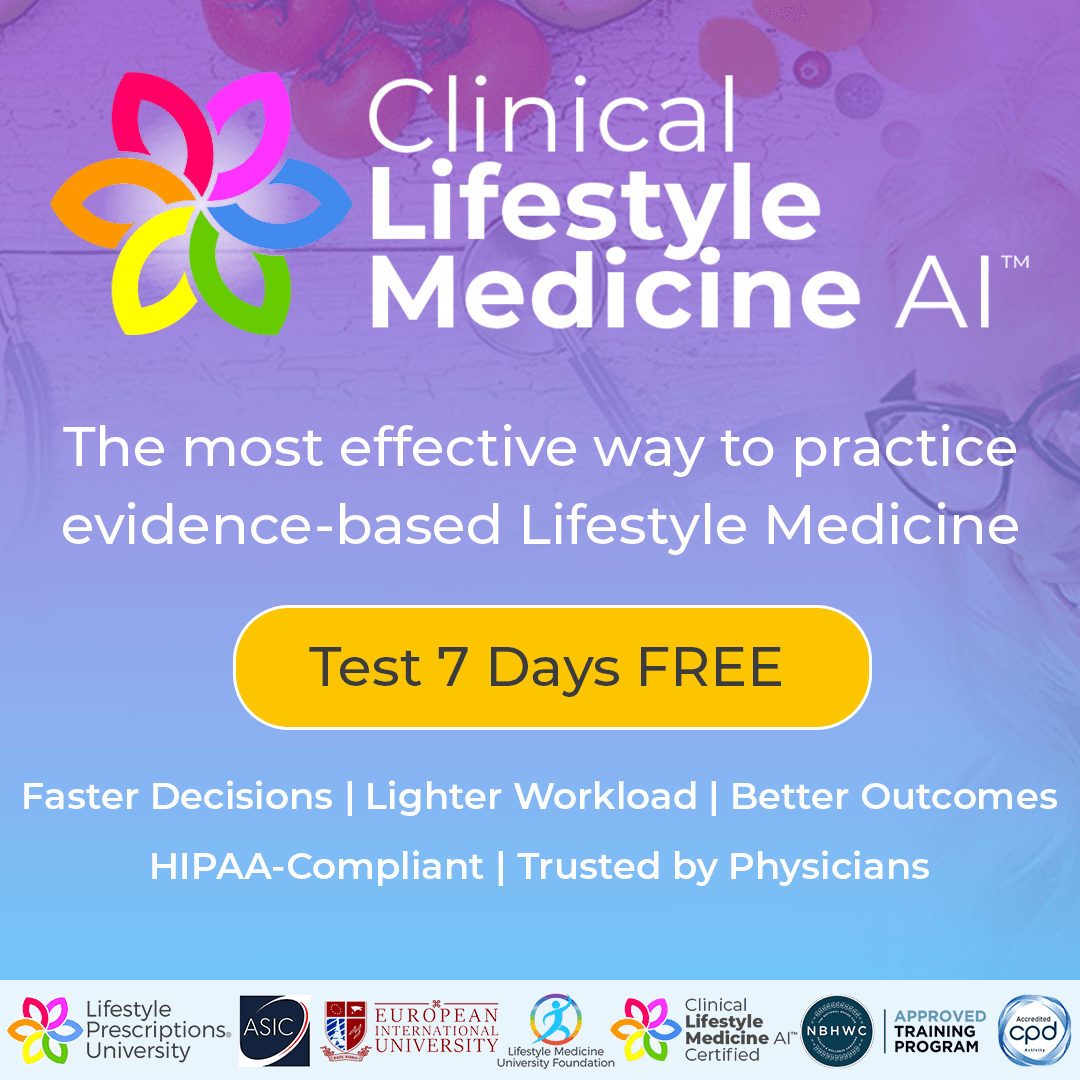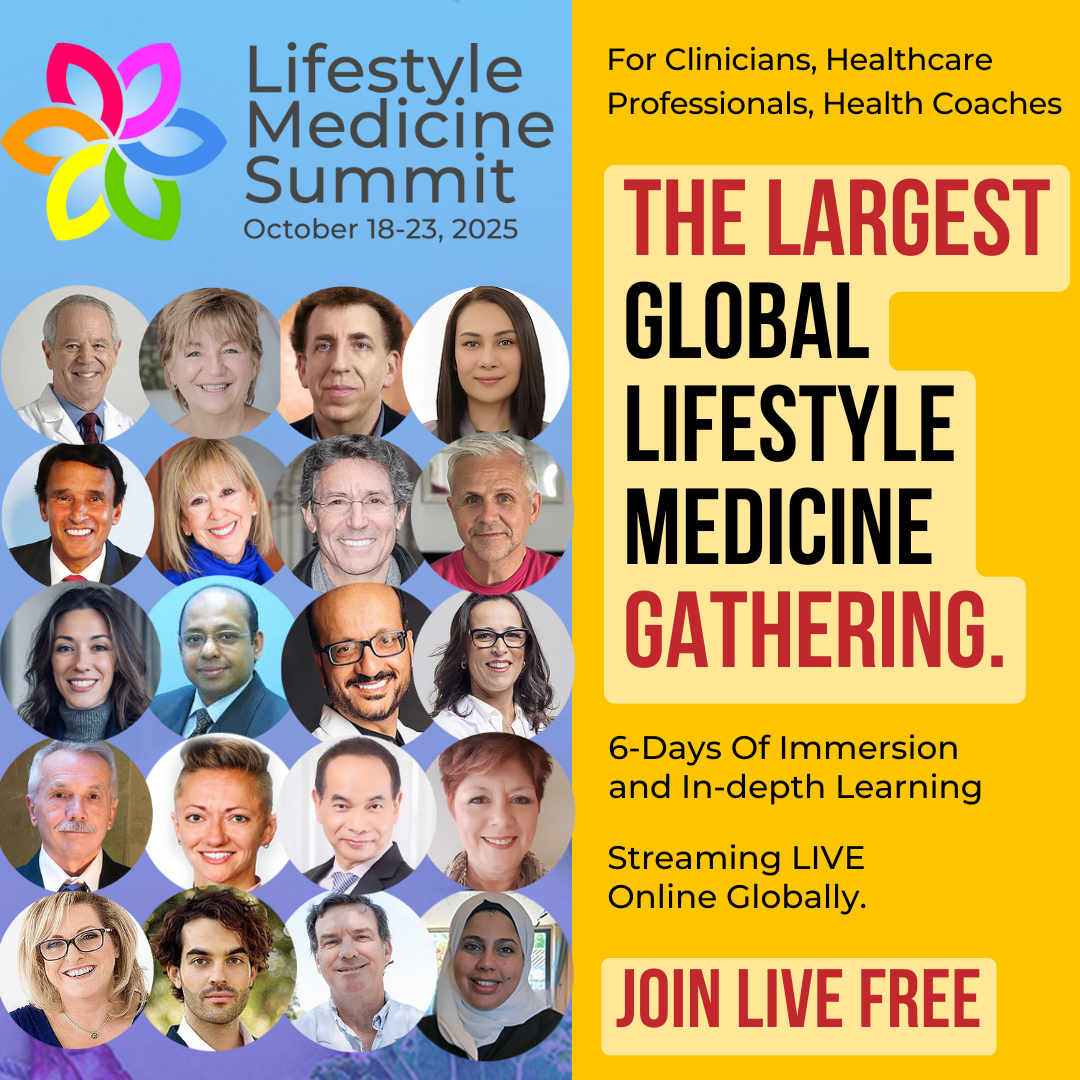How Lifestyle Medicine Uses Food as Medicine for Better Health
What if the key to better health wasn’t in a pill bottle but on your plate? Lifestyle medicine takes a holistic approach to wellness, emphasizing the role of food as medicine to prevent and even reverse chronic diseases. Instead of relying solely on medications, this approach encourages healthy eating patterns that nourish the body, fight inflammation, and improve overall well-being.
In this blog, we’ll explore how lifestyle medicine uses food as a powerful tool for better health and how you can make small but meaningful changes to your diet.

The Science Behind Food as Medicine
Food doesn’t just fuel our bodies it actively influences how our cells function. Nutrient-rich foods support immune health, reduce inflammation, and promote longevity. Research shows that diets rich in whole, unprocessed foods can help manage conditions like diabetes, heart disease, and hypertension aligning perfectly with the principles of lifestyle medicine.
Key Benefits of Using Food as Medicine:
✅ Reduces Chronic Inflammation – Anti-inflammatory foods like berries, leafy greens, and nuts lower the risk of chronic diseases. ✅ Supports Gut Health – A diet high in fiber and probiotics improves digestion and boosts immunity. ✅ Balances Blood Sugar – Whole grains and lean proteins help prevent insulin resistance. ✅ Boosts Brain Function – Omega-3-rich foods like salmon and walnuts improve cognitive health.

Essential Foods in Lifestyle Medicine
1. Whole Plant-Based Foods
Eating more fruits, vegetables, legumes, and whole grains is a cornerstone of lifestyle medicine. These foods are rich in vitamins, minerals, fiber, and antioxidants, which help protect against disease.
📌 Best Choices: 🥦 Leafy greens (spinach, kale) 🍎 Fresh fruits (berries, apples) 🌾 Whole grains (quinoa, brown rice) 🥜 Nuts and seeds (almonds, flaxseeds)
2. Healthy Fats for Heart Health
Not all fats are bad! Healthy fats found in avocados, olive oil, and nuts help reduce inflammation and support heart health.
📌 Best Choices: 🥑 Avocados 🫒 Extra virgin olive oil 🐟 Fatty fish (salmon, sardines)
3. Lean Proteins for Muscle and Metabolism
Protein is essential for muscle repair, metabolism, and immune function. Choose lean, high-quality protein sources to maintain overall health.
📌 Best Choices: 🍗 Skinless poultry 🌱 Plant-based proteins (lentils, chickpeas, tofu) 🥚 Eggs
4. Hydration and Herbal Remedies
Drinking enough water and incorporating herbal teas can improve digestion, detoxification, and energy levels. Green tea, turmeric tea, and ginger tea have powerful anti-inflammatory effects.
📌 Best Choices: 💧 Water with lemon 🍵 Green tea 🌿 Herbal teas (chamomile, peppermint)
How to Incorporate Lifestyle Medicine into Your Daily Diet
✅ 1. Start with Small Swaps
Replace refined grains with whole grains (white rice → quinoa).
Swap sugary snacks for fresh fruits and nuts.
✅ 2. Eat the Rainbow
Aim to include a variety of colorful fruits and vegetables in your meals to maximize nutrient intake.
✅ 3. Cook More at Home
Home-cooked meals allow you to control ingredients, reduce processed food intake, and incorporate more nutrient-dense options.
✅ 4. Reduce Processed Foods
Minimize foods high in sugar, artificial ingredients, and unhealthy fats to support long-term health.

Conclusion
Food has the power to heal, andlifestyle medicine leverages this principle to promote long-term well-being. By making mindful food choices, you can prevent disease, boost energy levels, and improve your overall health—one meal at a time.
Start small, make gradual changes, and embrace the power of food as medicine. Your body will thank you!
© 2015-2026 Lifestyle Prescriptions® University. The terms Lifestyle Prescriptions®, Organ-Mind-Brain Anatomy™, and Root-Cause Health Coaching™ are worldwide trademarks of the Lifestyle Prescriptions® University and can only be used after completing qualifying training programs. Lifestyle Medicine WORKS™, Lifestyle Medicine Summit, HealthiWealthi™ are trademarks of Lifestyle Medicine University Foundation.
* This website and all LPU training programs are for educational purposes only. No medical diagnosis, therapy, or treatment is provided.










